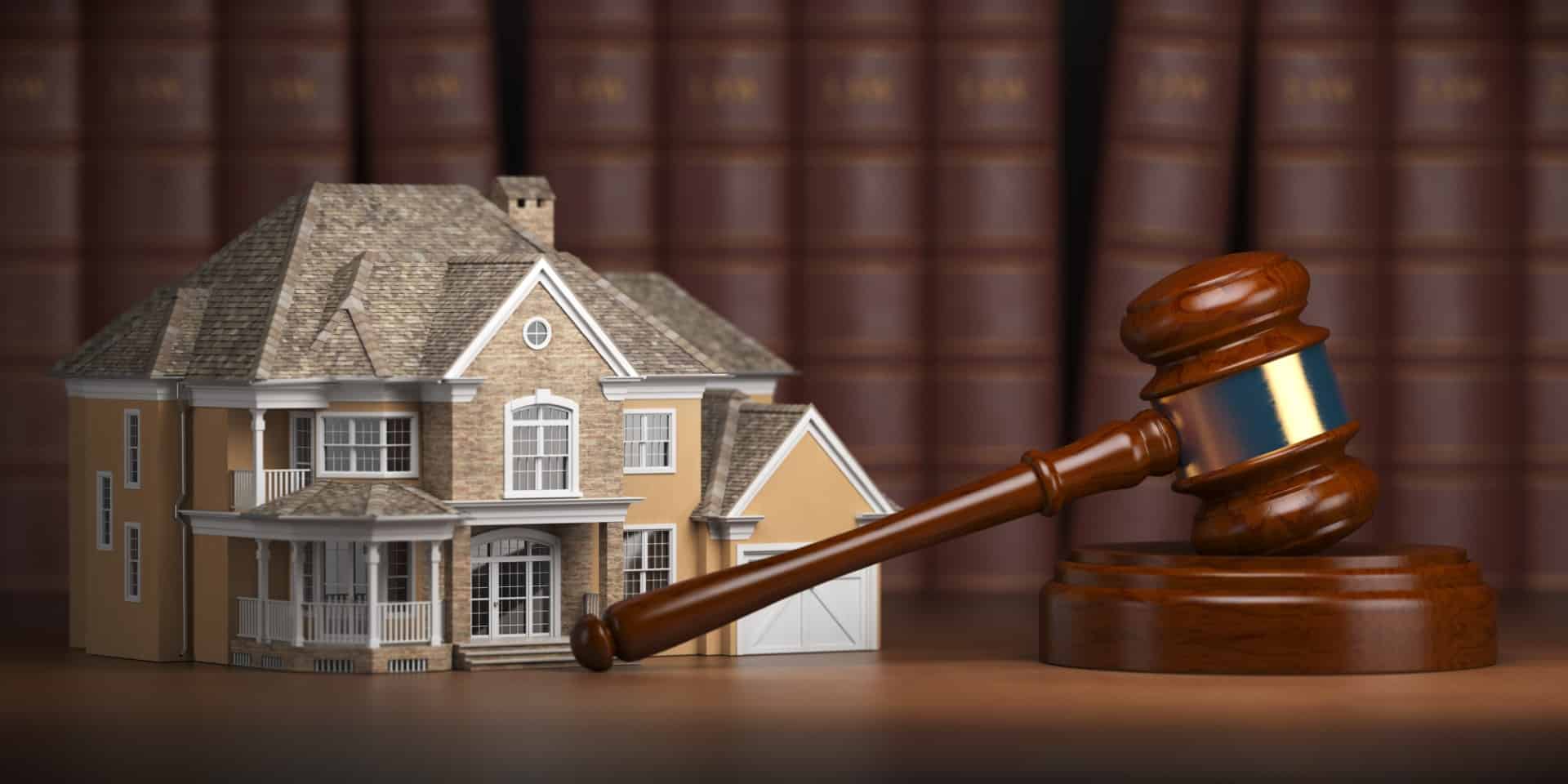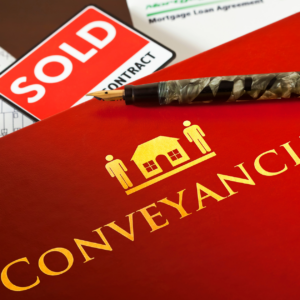Book Appointment Now

No-Sale-No-Fee Conveyancing Solicitors
In seeking a conveyancing solicitor, you may encounter different conditions that conveyancers can subject you to. But it may depend on the conveyancer you choose. First, having a professional handle your home buying and selling protects your interest in the course of the deal. In addition, it also ensures that the process abides by the state’s laws and that you do it right.
In your search for the right conveyancer, you may encounter a no-sale-no-fee conveyancing term. What exactly is this offer, and how does it work? In estimating this conveyancing process, what does it cost to close the deal? Besides, should it matter whether you decide to hire a legal firm or not? This principle states that if the property purchase fails, you will not pay any legal fees to the solicitor.
How does this no-sale-no-fee conveyancing work?
The no-sale-no-fee, also known as the no-move-no-fee or no-completion-no-fee principle, thrives on the outcome of the property purchase. Suppose a conveyancer or a conveyancing solicitor does not offer this no-sale-no-fee clause. He will likely charge you some cost even if the property purchase was not completed. As a result, the deal of buying or selling a property may fall out at any point in the proceeding. Anything could even happen in a few weeks into the process.
If this case occurs, the party that hires the conveyancer will still have to pay some legal fees. The fees cover the work that the conveyancer has done up to that point. It addresses the worry that you may eventually pay hefty fees to the conveyancer in the long run. While some research shows that this principle is common for house purchases, others show that buyers eventually pay more without this clause while carrying out the conveyancing process.
The no-sale-no-fee principle does not remove the fact that you still have to make a small initial deposit at the initiation of the process. But if the deal does not fall through, you owe nothing more to the conveyancer, including the balance upon completion. However, you may still have to pay for the cost of searches done. In all, the conveyancing solicitor is responsible for every legal work on the property sale.

Who offers no-sale-no-fee conveyancing?
The promise of no-sale-no-fee conveyancing is more often found in online conveyancing. No doubt, it is easier to operate this way to establish trust over traditional conveyancers. It could also be a determining factor to determine your final decision. It may help to decide whether you will choose online conveyancing or you will like to stick to the conventional way.
Also, before you decide on the conveyancing firm to use, compare the quotes you get from the conveyancing firms. While checking the submitted sections, you should watch the clauses, particularly the no completion and no legal fee guarantee. It is time to examine the cost of conveyancing when the clause of no sale, no fee is present.
What does the no sale, no fee conveyancing cost?
By comparison, using the no sale, no fee term is cheaper than going to a traditional conveyancing solicitor. A simple difference may be due to the offerings of the conveyancing firms. Ideally, a homebuyer may pay between $800 and $1400 in total fees. Still, the initial deposit may be a fraction of the entire agreement. In addition, you may have to pay the conveyancer the third-party costs, including the running fees and searches.
What does a buyer gain from a no-sale no, fee conveyancing solicitor?
A significant benefit to gain from a no-sale-no-fee clause is that your initial deposit is transferred into a second property. Therefore, it is essential to ask for clarity on some of these terms before agreeing with the conveyancing company. This process can also become worthwhile whether you are sure your first attempt will fall through or not.
Some offers may also attract some limitations on how much you can offer. In our firm, we allow property buyers to get the searches on their next property. This act is that of goodwill for staying with the potential buyer. Suppose the previous deal did not fall through without the buyer having a fault. In that case, we can easily find you another property within a short period for free.
What costs does the no-sale-no-fee conveyancing cover?
First, any condition on no-sale-no-fee is a guarantee that covers all the legal costs you may have otherwise incurred. However, it does not include third-party costs that the conveyancer incurs, such as arranging a survey of the property area. Also, it does not cover the local searches that the conveyancer puts. It substitutes for the time that the conveyancer spends to examine your case, write letters, or organize things.
Why home purchases may fail
Statistics have shown that not all property sales or purchase attempts succeed without a hitch. Moreover, the subject we are considering in this article is what you pay if the deals do not fall through. So, we can view some of the reasons why some property sale conveyancing fails. Below are the most common reasons this failure may occur.
- Gazumping
Gazumping occurs when a seller accepts a better offer for the property after he has previously accepted a buyer. This case can occur when a market rises for that property. Then the seller suddenly sees an opportunity to earn more from the sale of the property. In such a case, the seller may be tempted by higher offers than the initially accepted one.
- Gazundering
Gazundering is the process where the buyer suddenly lowers their offer from the previously accepted one. Although this case is not fair, it is still permitted under the law and is legal. However, the result is that it can derail the transaction and the plan of each party in the deal.
- Multiple offers
When a property is suitable, one case will accept more than one offer from multiple potential buyers. Sellers often do this with the hope that the buyer that first exchanges the contract will eventually get the property.
- Break in the chain
One hardly discernible reason many deals do not succeed is the length of the interaction between the seller and the buyer. The longer the chain, the more likely the agreement will fail. The major reason is that you rely on other people’s ability to sell or buy the property within the chain.
See Also: Empowering your workforce with Chamberlains HR solutions.



